FLORENCE, SC (WBTW) – Thirty-three gang members and drug traffickers have pleaded guilty in federal court.
All 33 were indicted “based on a federal wiretap investigation into the G-Shine/SMG gang,” have pleaded guilty, and are being sentenced in federal court, according to a press release from the United States Attorney for the District of South Carolina.
“Several defendants pleaded guilty within weeks of being arrested during the December 12, 2018, takedown of the organization that involved approximately 125 agents from 12 different law enforcement agencies in and around South Carolina,” the release said. “The final two defendants pleaded guilty on July 22, 2019, just days before their jury trial was set to begin in Florence.”
Twenty-six have been sentenced:
- Christopher Kayvon Giddens, of Longs, sentenced to 198 months
- Kennis Lorenzo Willard, of Longs, sentenced to 121 months
- Aaron Delond Stanley, of Myrtle Beach, sentenced to 120 months
- Farentino Santonia Green, of Conway, sentenced to 120 months
- Christopher Lamont Pino, of Little River, sentenced to 120 months
- Trey Levert Cox, of Poplar, sentenced to 120 months
- Richard Earl Hemingway, Jr., of Myrtle Beach, sentenced to 108 months
- Rashea Omar Jenerette, of Poplar, sentenced to 84 months
- Shaquille Anthony Gore, of Myrtle Beach, sentenced to 84 months
- Ralph Cleodus Willard, Jr., of Little River, sentenced to 72 months
- Cory Antwan Pertell, of Loris, sentenced to 60 months
- Glen Garrick Holley, of Myrtle Beach, sentenced to 60 months
- Crystal Nicole Dickey, of Little River, sentenced to 54 months
- Dennis Tyron Chestnut, of Myrtle Beach, sentenced to 46 months
- Montea Daryel Myers, of Myrtle Beach, sentenced to 41 months
- Marcus Antonio Hemingway, of Longs, sentenced to 36 months
- Donte Raquan Xavier Livingston, of Myrtle Beach, sentenced to 36 months
- Jada Teal Abril Pyatt, of Myrtle Beach, sentenced to 36 months
- Myland Castelle Davis, of Conway, sentenced to 30 months
- Xavier Jermaine Horne, of Myrtle Beach, sentenced to 30 months
- Eddie Mario Jones, of Myrtle Beach, sentenced to 30 months
- Wendy Elaine Blue, of Longs, sentenced to 30 months
- Kalaera Marie Gee, of Aynor, sentenced to 21 months
- Blake Lashay Evans, of Longs, sentenced to 18 months
- Terrance Damon Richardson, Jr., of Longs, sentenced to 12 months
- Katelyn Anne Stetler, of Little River, sentenced to time served
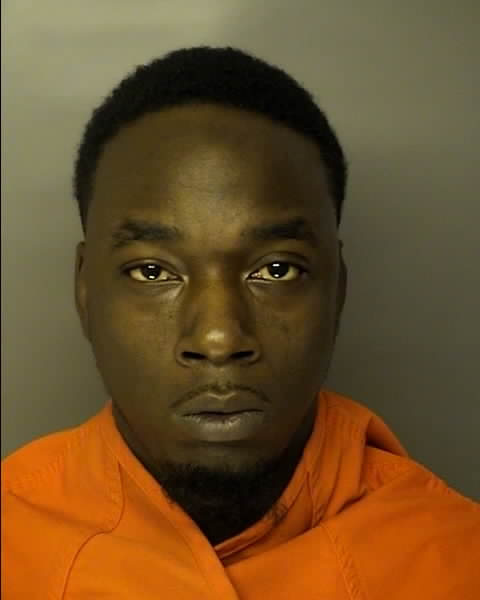
Christopher Lamont Pino (photo: J. Reuben Long Detention Center) 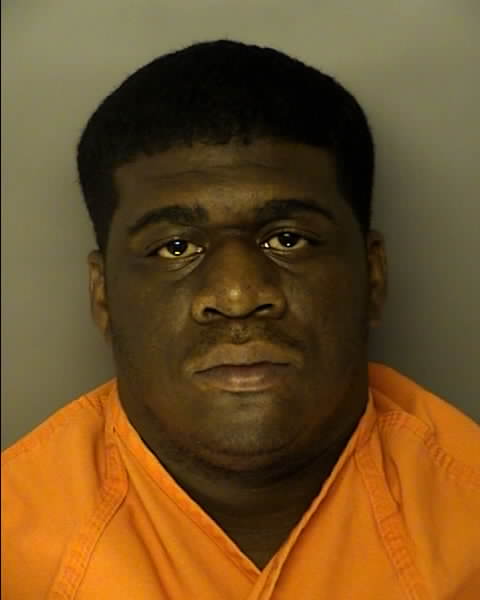
Cory Antwan Pertell (photo: J. Reuben Long Detention Center) 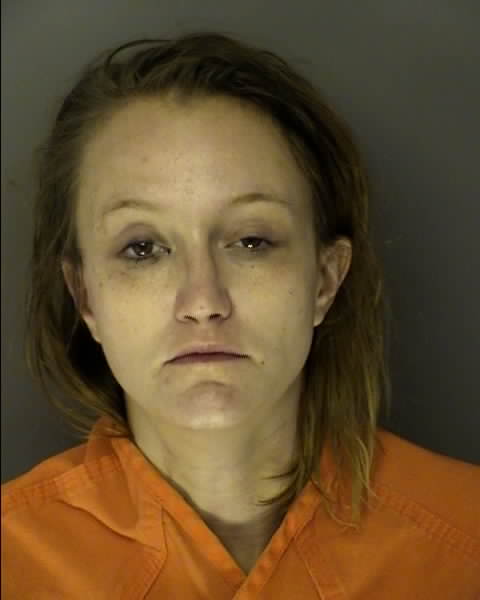
Katelyn Anne Stetler (photo: J. Reuben Long Detention Center). 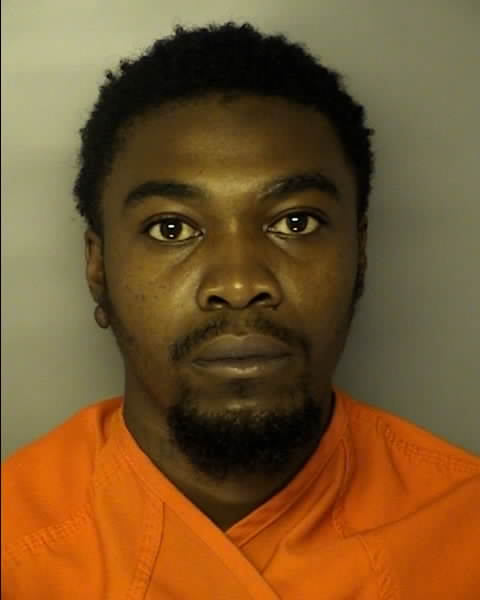
Kennis Lorenzo Willard (photo: J. Reuben Long Detention Center). 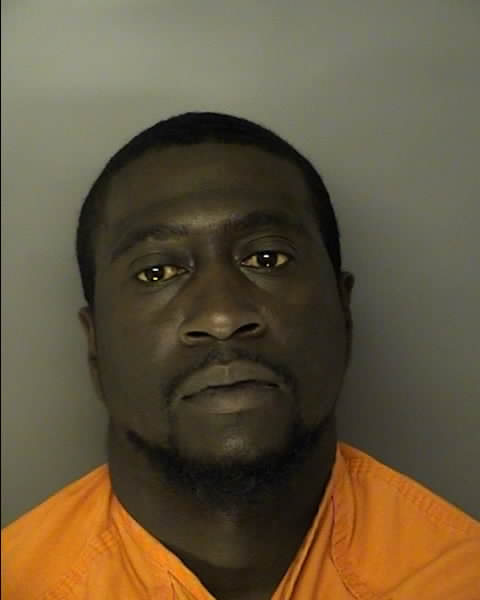
Montea D. Myers (photo: J. Reuben Long Detention Center). 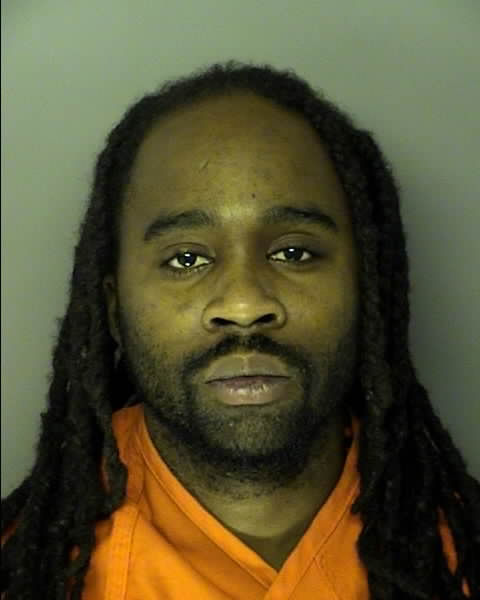
Rashea Omar Jenerette (photo: J. Reuben Long Detention Center). 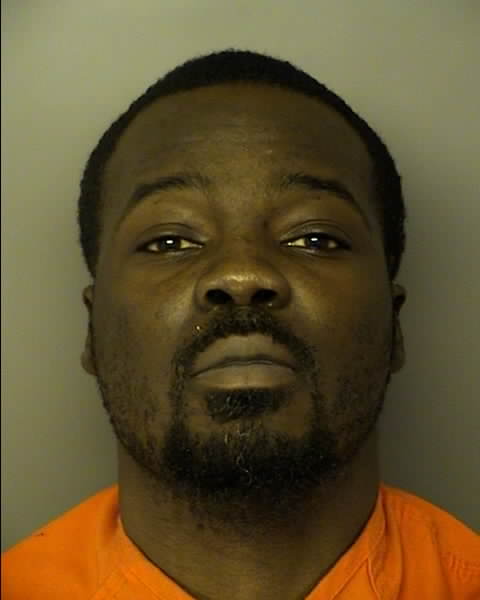
Richard Earl Hemingway (photo: J. Reuben Long Detention Center) 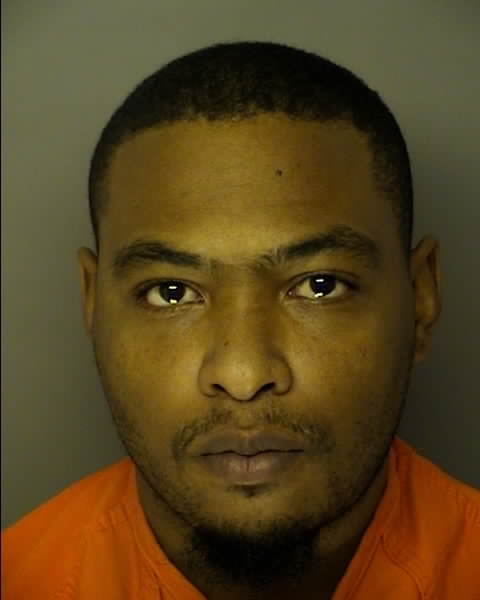
Shaquille Anthony Gore (photo: J. Reuben Long Detention Center) 
Trey Levert Cox (photo: J. Reuben Long Detention Center) 
Kalaera Marie Gee (photo: VineLini)
“The evidence presented by Assistant United States Attorney Everett McMillian in court hearings reflects that each of the defendants named in the indictment were members and/or associates of a drug trafficking organization known by the name ‘G-Shine,’ formerly known as Gangster Killer Bloods,” the release said. “G-Shine is a Bloods Gang set that evolved from the United Blood Nation in the late 1990s. G-Shine originated in the New York/New Jersey area and migrated along the east coast and now has sets, or sub-groups, in multiple states including New York, New Jersey, North Carolina, and South Carolina.”
“Shine Money Gang is a sub-set of G-Shine that is based in the Longs, South Carolina, area. G-Shine’s gang members and associates engage in the sale of narcotics, including heroin, fentanyl, oxycodone, crack cocaine, and other substances, and use firearms to defend themselves and their criminal enterprise,” the release also said. “The evidence reflects that multiple overdoses are attributed to the drugs this gang distributed. This group was specifically pursued for federal prosecution because local law enforcement identified it as one of the most problematic gangs in Horry County. “
“When we lock arms with our local, state, and federal agencies to get the most violent offenders off our streets, our communities notice an immediate and sustained positive impact,” said U.S. Attorney Sherri A. Lydon. “In the first half of 2017, there were 14 homicides in Horry County. After the Operation Rise and Shine takedown, that number dropped to three homicides in the first half of this year. Robberies and aggravated assaults have also noticeably declined. This case demonstrates the effectiveness of the Project Safe Neighborhoods model, and we will continue to replicate it across the state as we combat violent crime and the opioid epidemic.”
LATEST NEWS:










